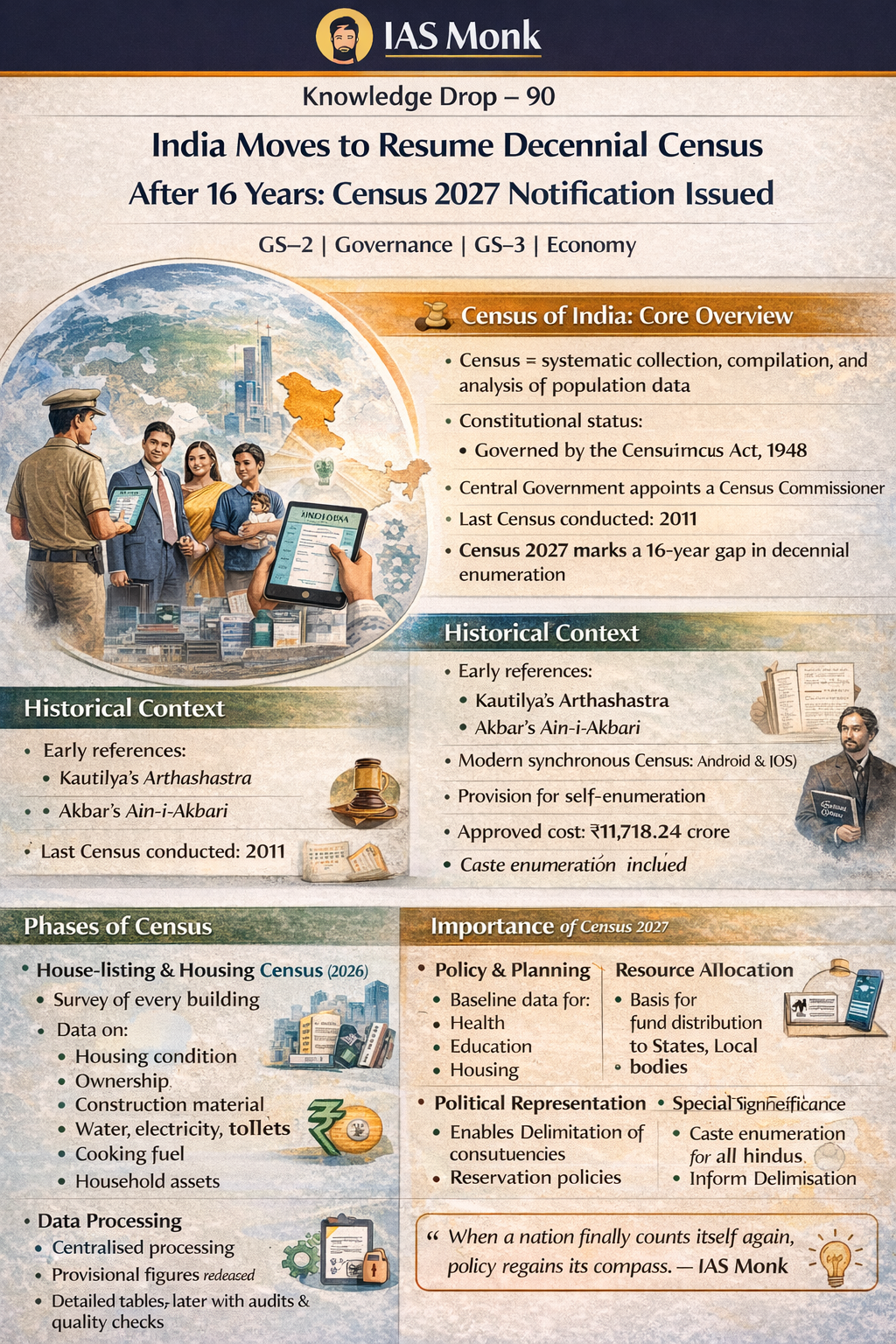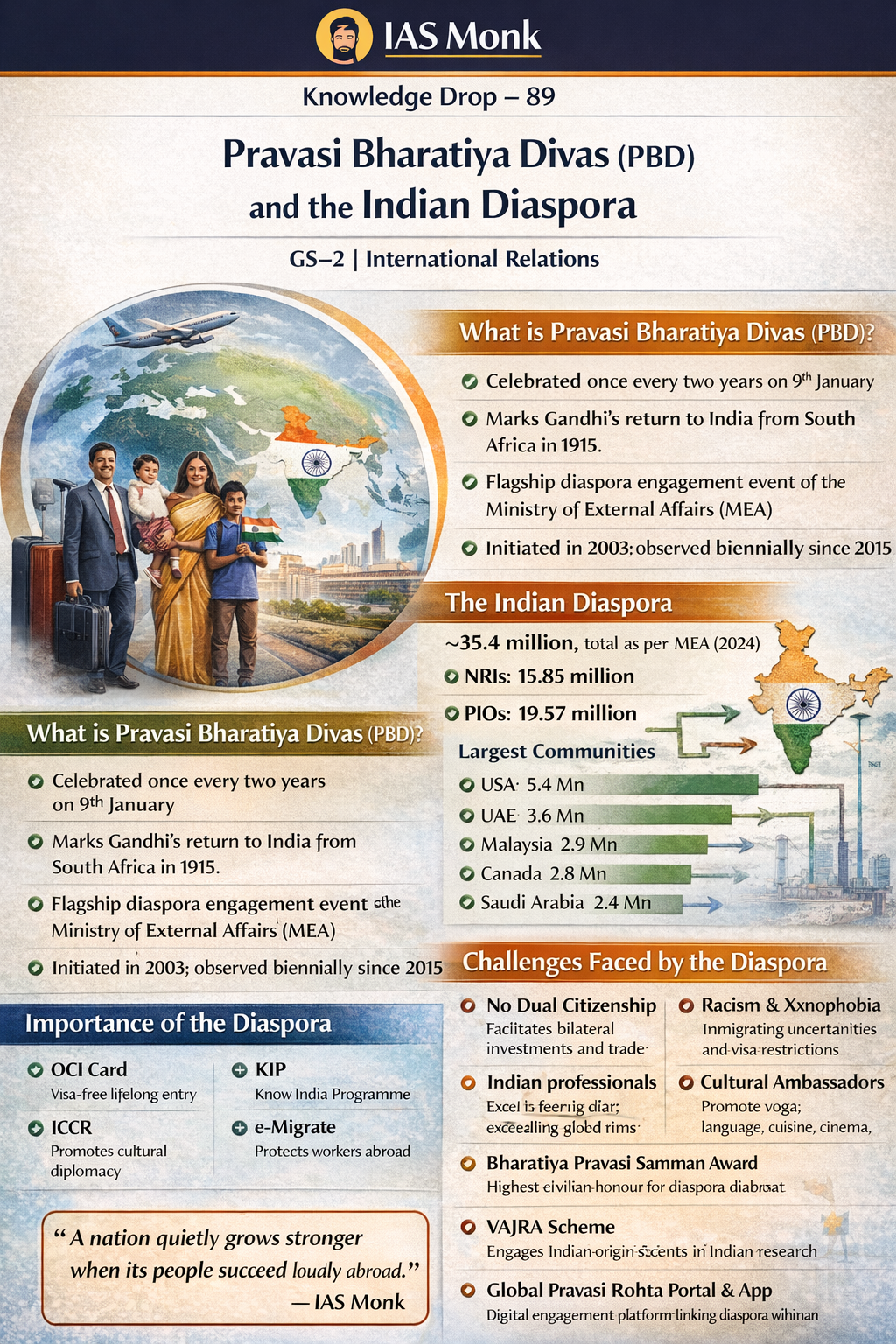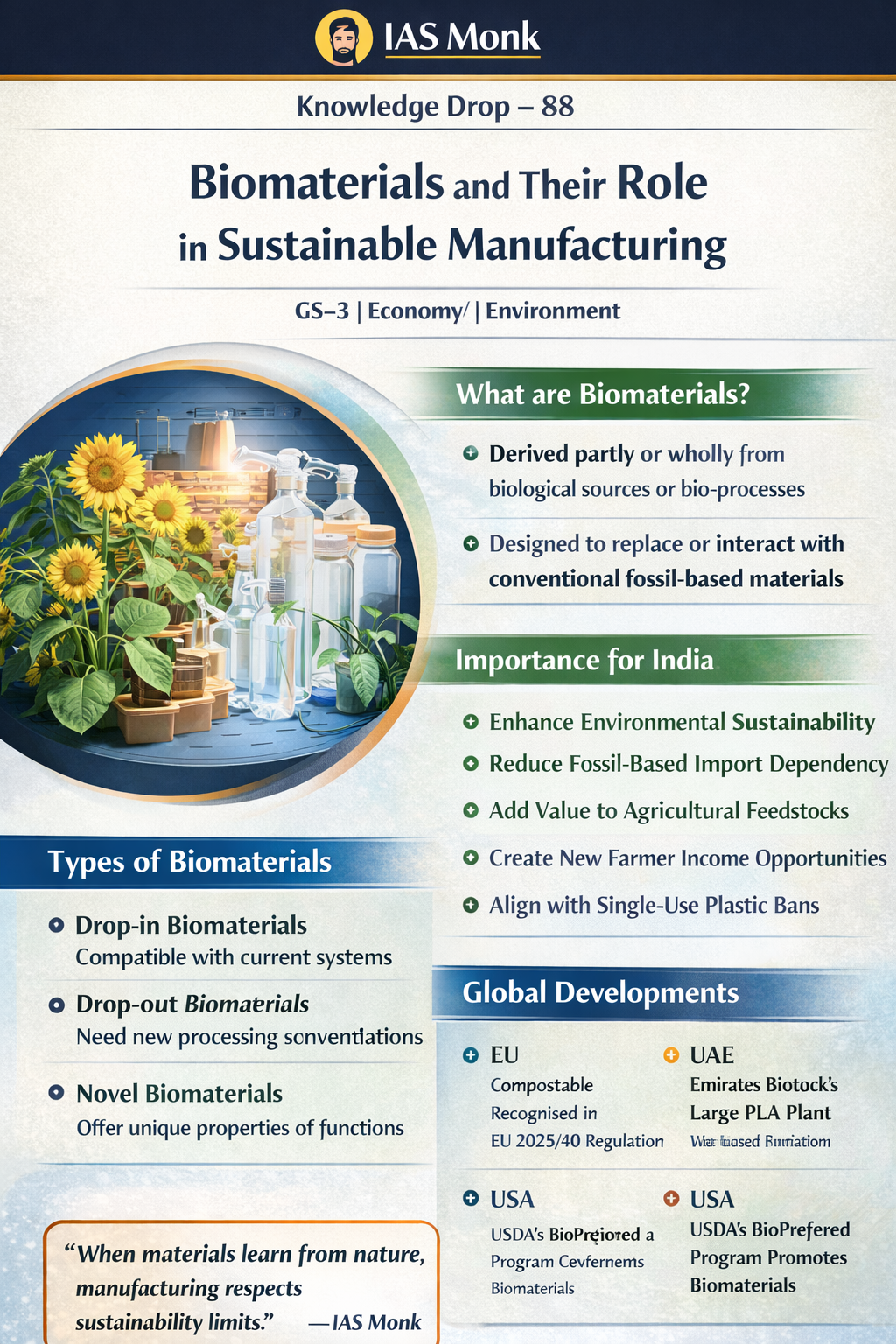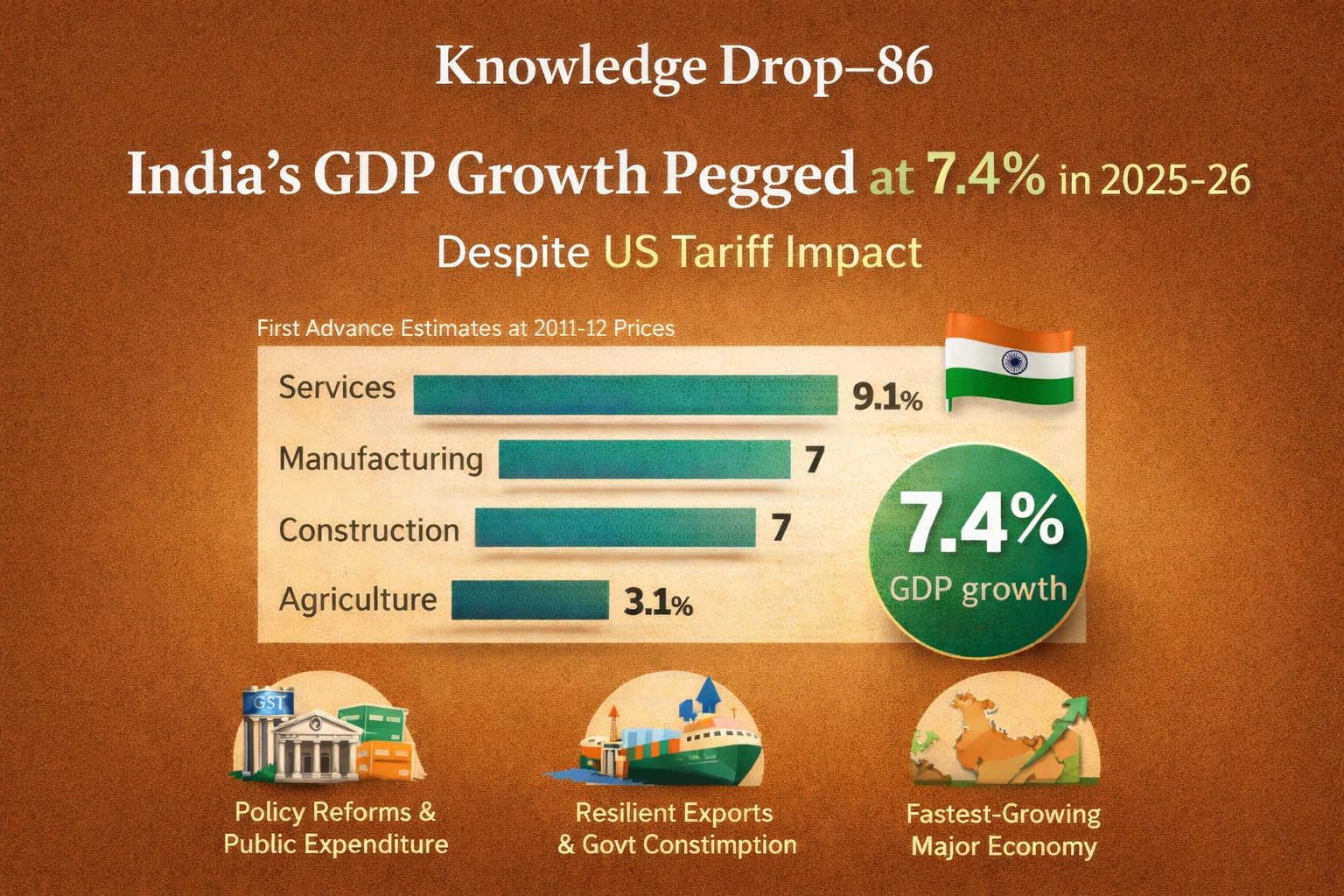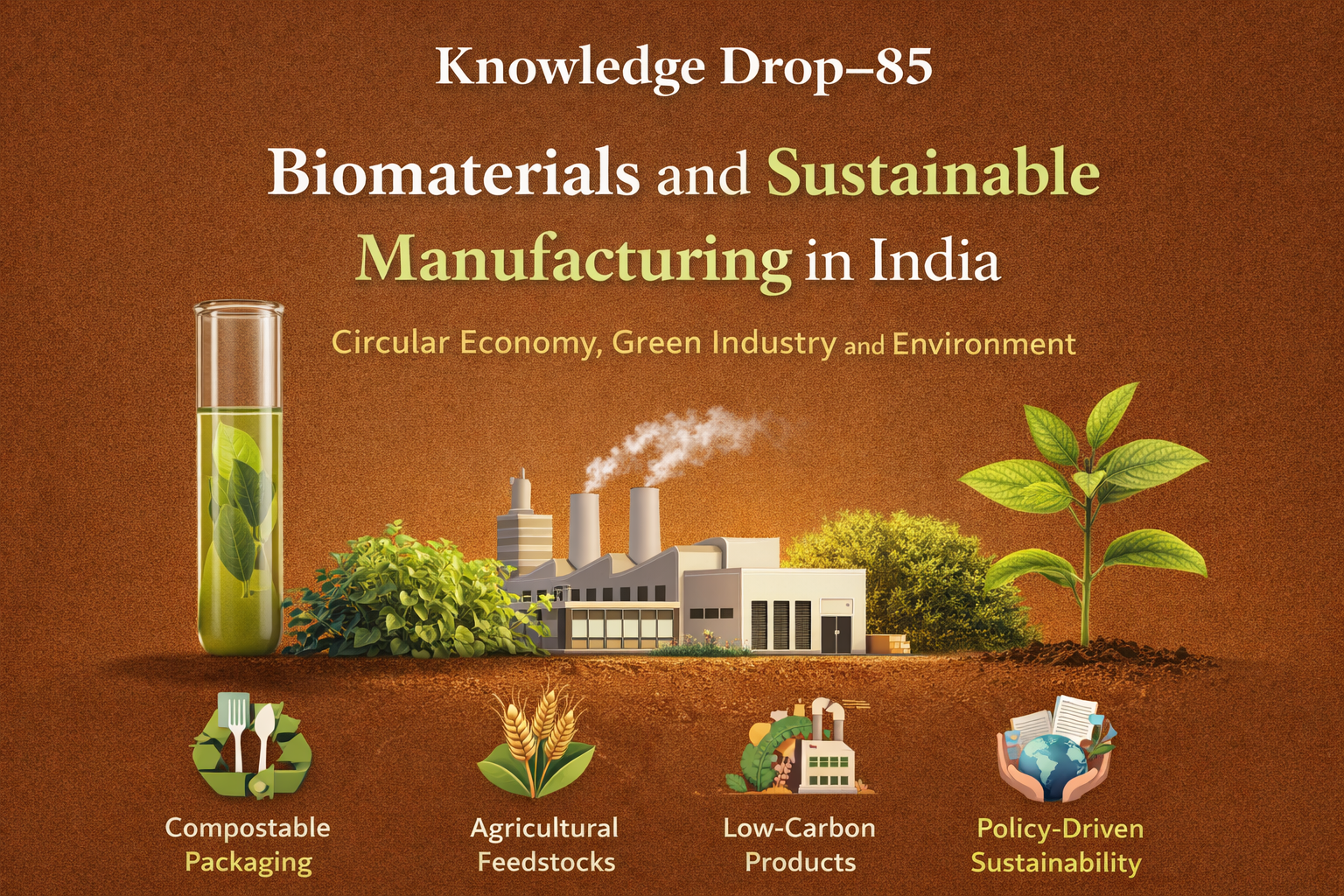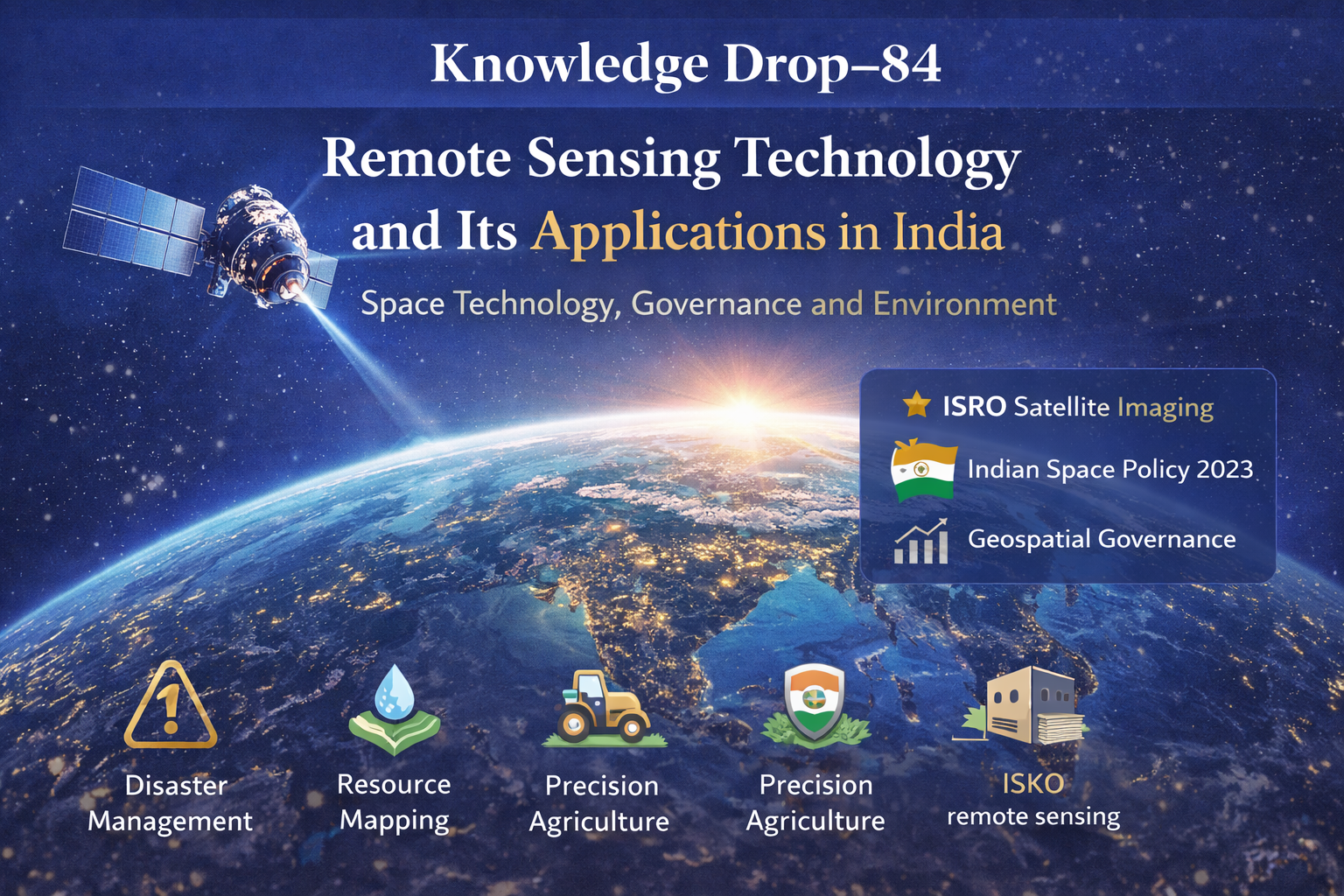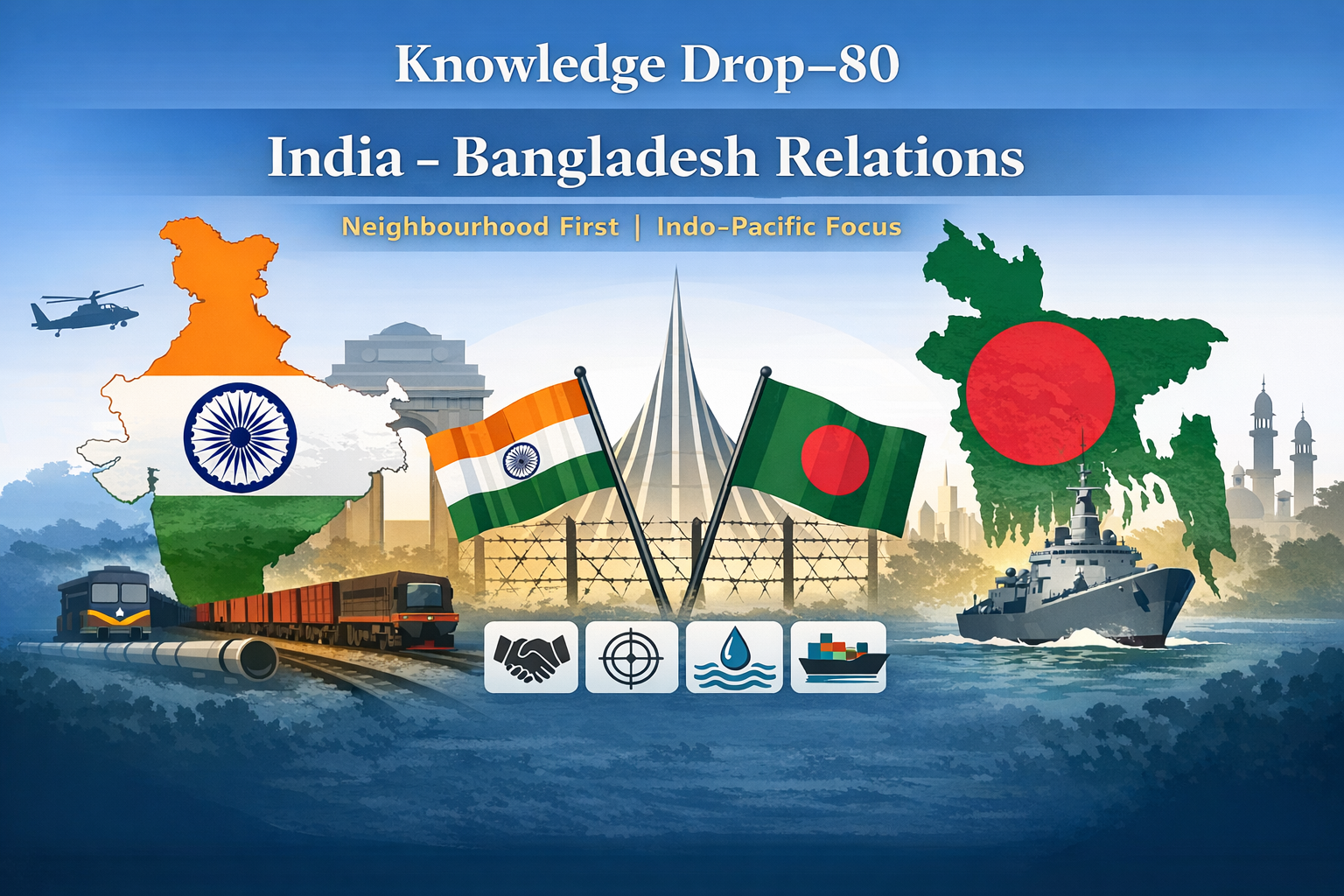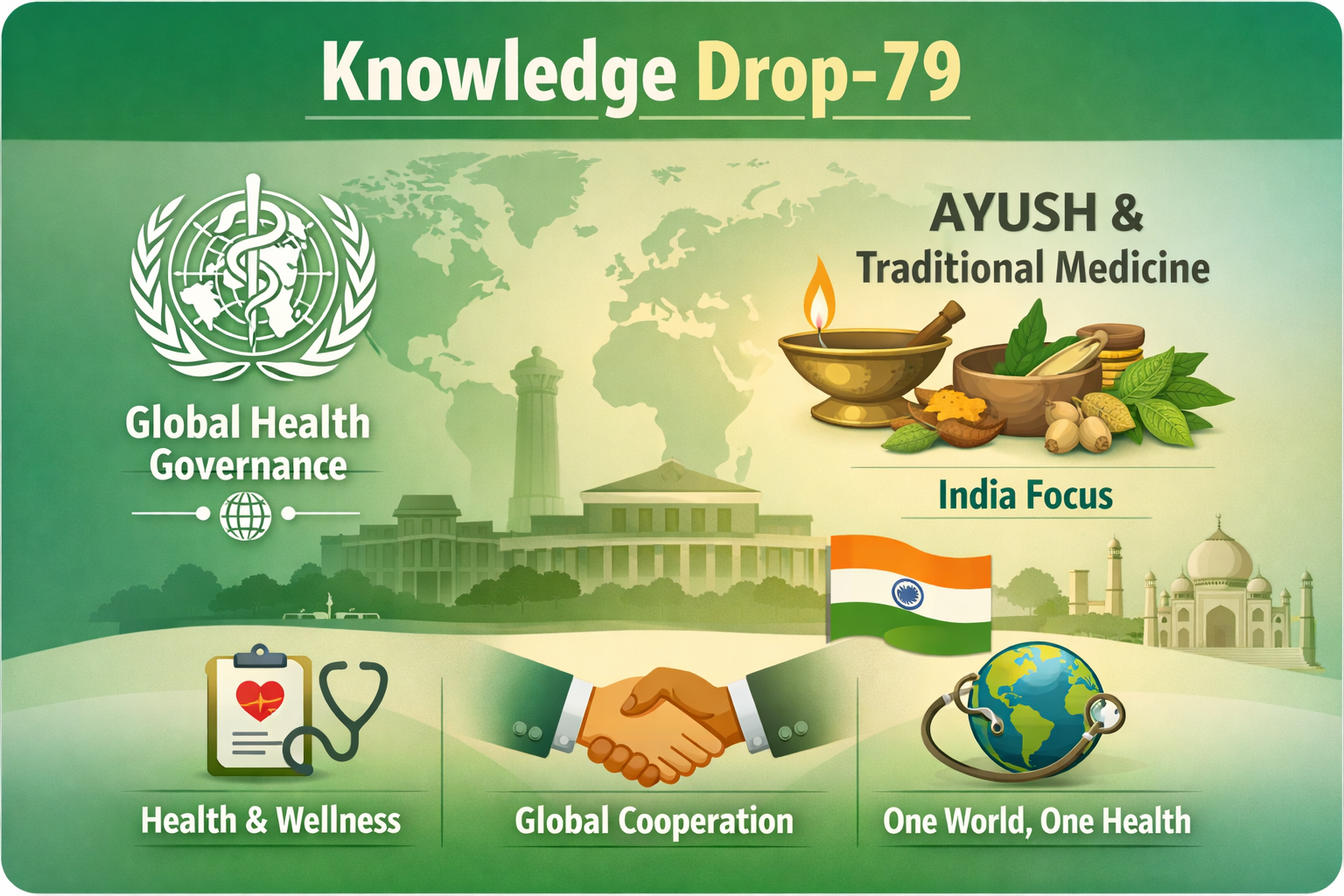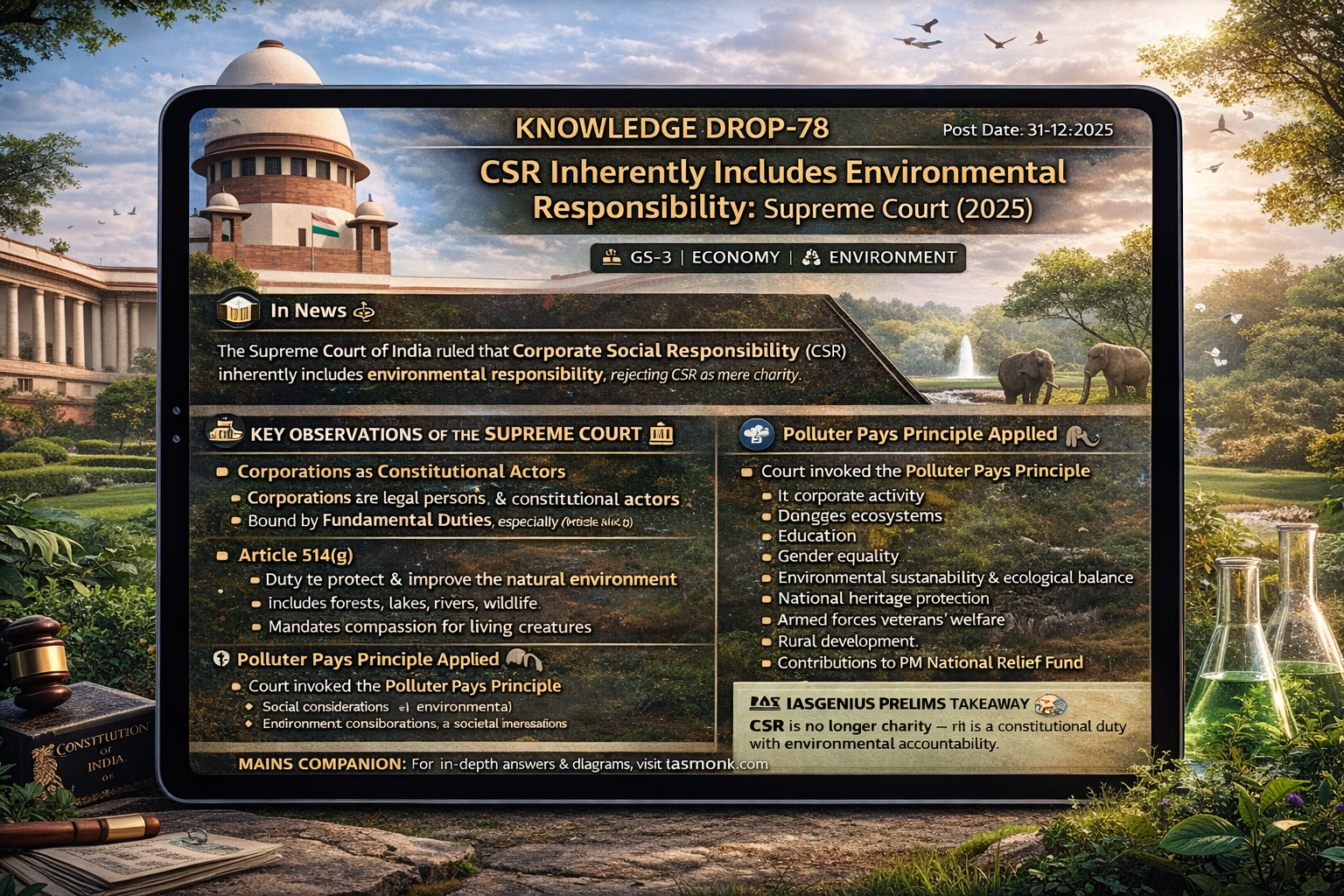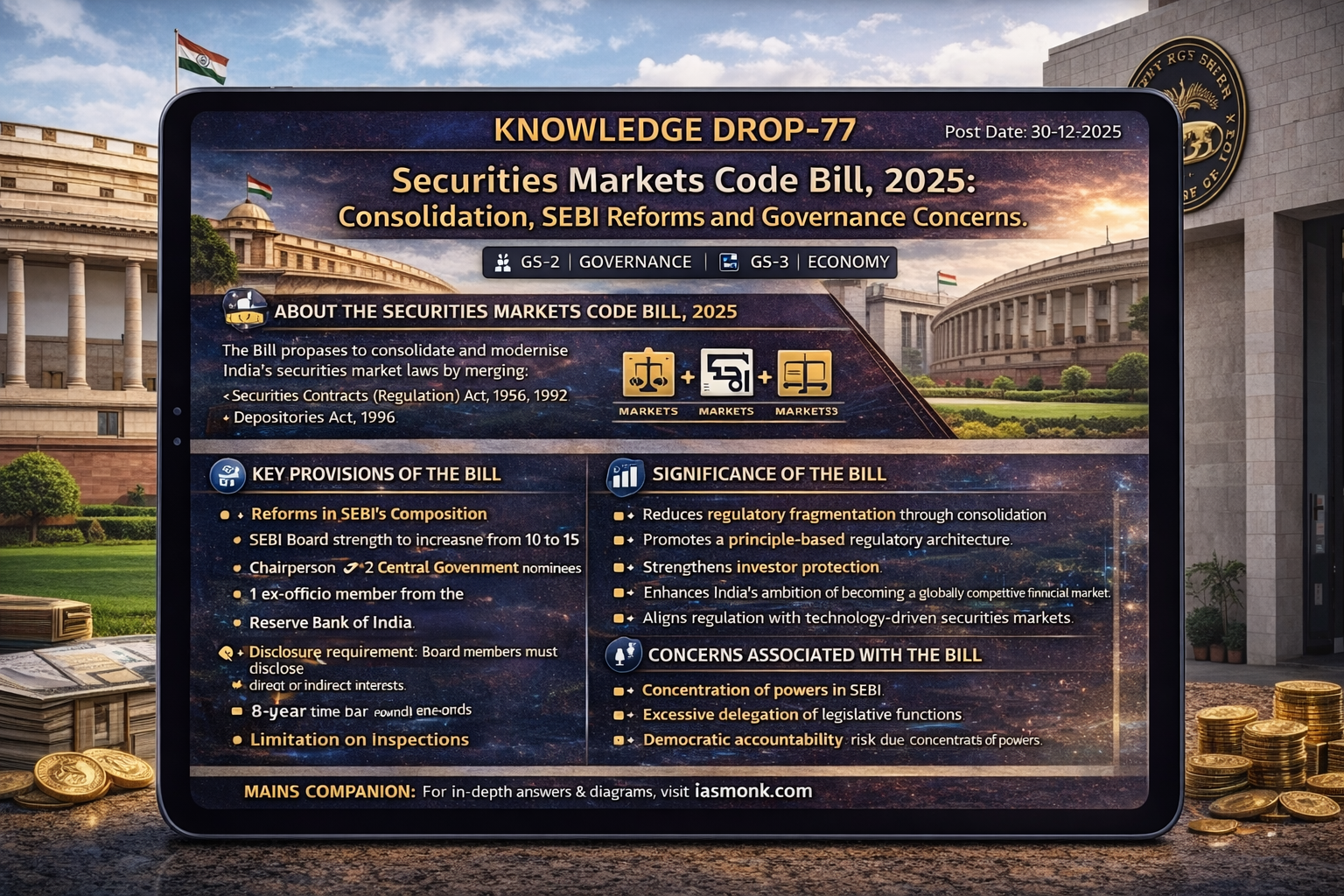
🧭June 12, 2025 Post 4: LIC Speeds Up Insurance Settlements for Families of Air India Crash Victims—Piyush Goyal | High Quality Mains Essay | Prelims MCQs
LIC Speeds Up Insurance Settlements for Families of Air India Crash Victims

NATIONAL
📅 Post Date: June 12, 2025
📘 Thematic Focus: Public Policy | Disaster Response | Corporate Social Responsibility
🌿 Opening Whisper
“In the silence of loss, action must speak—swift, kind, and unwavering.”
🔍 Key Highlights
- After the tragic Air India Boeing 787 crash in Ahmedabad on June 12, the Life Insurance Corporation of India (LIC) has announced fast-tracked claim settlements for affected families.
- LIC has waived the requirement of death certificates, relying instead on airline and government lists of deceased passengers.
- Dedicated helpdesks and nodal officers have been deployed in major cities for swift documentation and disbursement.
- LIC also stated that beneficiaries will receive payments within five working days, setting a new benchmark for crisis response.
- This move demonstrates LIC’s proactive stance in corporate social responsibility (CSR) and builds public trust in state-backed insurance during national tragedies.
📘 Concept Explainer: Why This Matters
- In disaster scenarios, families face not just grief but bureaucratic hurdles—delays in paperwork can affect survival.
- Insurance is meant to provide financial security, but procedural bottlenecks often delay that purpose.
- LIC’s move may encourage policy reform across insurance and public sector institutions to institutionalize fast-tracked relief.
🧭 GS Mains Mapping
- GS Paper 2 – Public Policy, Disaster Management, Role of State-Backed Institutions
- GS Paper 4 – Ethics in Governance, Corporate Social Responsibility (CSR)
- GS Paper 3 – Economic Security, Insurance Sector Reforms
💭 A Thought Spark — by IAS Monk
“In moments when time stands still, the measure of a nation is how swiftly it moves to hold the broken.”
High Quality Mains Essay For Practice :
Word Limit 1000-1200
In the Wake of Tragedy: Corporate Ethics and the Imperative of Social Responsibility
Introduction
In the aftermath of the tragic Air India Boeing 787 crash in Ahmedabad on June 12, 2025, the nation mourned the loss of dozens of lives. Amid this collective grief, a silent, powerful gesture emerged—the Life Insurance Corporation of India (LIC) announced an expedited settlement process for families of the deceased. LIC’s action was not merely administrative. It was ethical, humane, and a reminder that corporate responsibility is not an obligation; it is a moral anchor during chaos.
As India progresses economically, the conversation around corporate ethics, public trust, and social security grows more urgent. The LIC response provides a timely case study to explore how institutions—especially public sector undertakings—can rise above protocol and deliver swift, empathetic governance.
Corporate Ethics: Beyond Compliance
At its core, corporate ethics refers to the moral principles guiding an organization’s conduct. In a country where regulatory frameworks often lag behind crises, ethical behavior by institutions can become the difference between timely relief and prolonged suffering.
Key Tenets of Corporate Ethics:
- Accountability – Taking responsibility, even in the absence of legal compulsion.
- Transparency – Clearly communicating policies, processes, and compensation mechanisms.
- Compassion – Recognizing the human stakes beyond the balance sheets.
- Responsiveness – Acting with urgency without compromising process integrity.
LIC’s announcement to waive death certificates and use verified government passenger lists reflects these principles. It prioritized dignity over documentation, showing that ethical action is not about shortcuts, but about empathy embedded in process.
Corporate Social Responsibility (CSR): A Duty, Not a Decoration
India’s Companies Act, 2013, mandates that companies above a certain profit threshold spend 2% of average net profit on CSR activities. But the LIC example illustrates a deeper truth: real CSR is often unplanned, responsive, and deeply human.
LIC’s Actions Reflect Strategic CSR:
- Immediate Relief: Families will receive settlements within 5 days—minimizing economic trauma during mourning.
- Public Communication: LIC issued clear FAQs and contact helplines, reducing confusion.
- Institutional Empathy: Nodal officers and helpdesks were deployed proactively to reach affected families.
This contrasts with performative CSR, where corporations contribute to long-term causes but fail to act when it matters most.
True CSR is not a scheduled calendar activity—it is the institution’s moral reflex in moments of crisis.
Social Security: The Promise of Protection
Social security refers to public and private mechanisms designed to ensure basic economic stability in case of death, disability, old age, or unemployment. In India, LIC has long served as a symbol of trust for low-income and middle-class citizens—many of whom view life insurance as their only safety net.
Importance of Institutional Social Security:
- Prevents intergenerational poverty in the event of a breadwinner’s death.
- Eases dependency on informal lending or exploitative recovery agents.
- Reduces government burden in times of national tragedies.
When social security providers respond with bureaucratic rigidity, they betray this promise. LIC’s decision to remove procedural hurdles (like waiting for death certificates or legal heirship documents) shows how public institutions can redefine social security as not only economic but also emotional support.
The Role of Ethics During Disasters
Disasters—whether natural or man-made—test the moral fabric of institutions. From airlines and insurers to local authorities and corporates, every entity’s response forms part of the collective recovery.
Ethical Conduct in Crisis Includes:
- Timely Acknowledgment of Responsibility: Statements, condolences, and offers of assistance should be immediate and transparent.
- Equitable Relief: Ensuring no discrimination in compensation based on class, caste, or background.
- Decentralized Action: Empowering regional units to respond quickly, rather than waiting for centralized instructions.
By mobilizing nodal officers across cities, LIC showed that ethical governance does not delay—it decentralizes.
Legal vs. Moral Responsibility: Why the Difference Matters
Corporations often fall into the trap of limiting their response to what is legally mandated. This ignores the fact that laws are reactive, while ethics must be proactive.
Key Differences:
| Legal Responsibility | Ethical Responsibility |
|---|---|
| Fulfills statutory obligation | Exceeds expectation in spirit of humanity |
| Bound by compliance | Driven by conscience |
| Applies uniformly | Adapts contextually |
In the LIC case, while the Insurance Act may have allowed delays for documentation, the ethical imperative overrode the legal minimalism.
Public Trust and Reputational Capital
In times of uncertainty, citizens rely on institutions of trust—banks, insurers, hospitals, and governments. These institutions must not only function well but also be perceived to care.
LIC’s response:
- Reinforced its identity as a people-centric insurer.
- Enhanced public perception of public sector institutions (often accused of inertia).
- Strengthened LIC’s brand amidst growing private sector competition.
This illustrates that reputational capital, built through ethical action, can be as valuable as financial capital.
Challenges Ahead: Ethics Is a Continuous Journey
While LIC’s response is commendable, it must not remain an exception during high-profile events. Ethical and humane protocols must be:
- Institutionalized for all kinds of claims (including non-air disasters).
- Replicated across private insurers, not just PSUs.
- Audited independently to prevent misuse or delay under the guise of scrutiny.
Further, India must build a Disaster Response Insurance Framework, where life and general insurers pre-plan standard operating procedures for claim settlement after national calamities.
Way Forward: Making Ethical Response the Norm
To mainstream ethical corporate behavior and social responsibility, India needs to:
- Mandate Ethical Audits in CSR reports alongside financial disclosures.
- Set Standards for post-disaster corporate conduct via SEBI or MCA.
- Incentivize Ethical Institutions with ratings, recognitions, and even fiscal benefits.
- Train Nodal Officers in grief-sensitive communication, not just documentation protocols.
- Expand Digital Access to allow online claims in rural and disaster-hit areas.
Conclusion
The Air India crash on June 12 was a moment of national mourning. But it also became a moment of moral awakening. Through its swift, humane, and transparent action, LIC showed that corporate responsibility is not just a financial duty—it is a social covenant.
As India rises into an economic power, it must rise equally in moral stature. Institutions must move not only when the economy demands it, but when the heart of the nation breaks.
In the end, ethics is not what you do after everything is accounted for—it is what you do when people are counting on you the most.
Target IAS-26: Daily MCQs :
📌 Prelims Practice MCQs
Topic:
MCQ 1 – Type 1: How many of the above statements are correct?
Consider the following statements about LIC’s response to the Air India crash and broader social security ethics:
1. LIC announced that insurance claims would be settled within five working days for crash victims’ families.
2. The requirement of death certificates was waived based on official passenger lists.
3. LIC’s action is a typical example of annual CSR project planning.
4. Fast-tracked insurance claims help prevent immediate financial distress for vulnerable families.
How many of the above statements are correct?
A) Only two
B) Only three
C) All four
D) Only one
🌀 Didn’t get it? Click here (▸) for the Correct Answer & Explanation
✅ Correct Answer: B) Only three
🧠 Explanation:
•1) ✅ True – LIC committed to 5-day settlement.
•2) ✅ True – Death certificate waived based on official lists.
•3) ❌ False – It was a crisis-time response, not part of scheduled CSR planning.
•4) ✅ True – Immediate settlements help families cope financially.
MCQ 2 – Type 2: Two Statements Based
Consider the following two statements:
1. Corporate ethics refers only to financial transparency in quarterly disclosures.
2. LIC’s expedited claims settlement reflected both ethical responsibility and institutional empathy.
Which of the above statements is/are correct?
A) Only 1 is correct
B) Only 2 is correct
C) Both are correct
D) Neither is correct
🌀 Didn’t get it? Click here (▸) for the Correct Answer & Explanation
✅ Correct Answer: B) Only 2 is correct
🧠 Explanation:
•1) ❌ False – Corporate ethics includes accountability, responsiveness, and compassion.
•2) ✅ True – LIC showed both moral clarity and operational empathy.
MCQ 3 – Type 3: Which of the statements is/are correct?
Which of the following actions are examples of ethical disaster-time institutional behavior?
1. Waiving complex paperwork for verified victims’ families
2. Deploying helpdesks and nodal officers immediately
3. Publishing a grievance redressal timeline for insurance settlements
4. Avoiding any public communication to preserve brand reputation
Select the correct answer using the code below:
A) 1, 2 and 3 only
B) 1 and 4 only
C) 2 and 4 only
D) All four
🌀 Didn’t get it? Click here (▸) for the Correct Answer & Explanation
✅ Correct Answer: A) 1, 2 and 3 only
🧠 Explanation:
•1) ✅ True – Simplifying process reduces suffering.
•2) ✅ True – Field-level outreach reflects ethical action.
•3) ✅ True – Transparency is a pillar of accountability.
•4) ❌ False – Silence for PR reasons is ethically questionable.
MCQ 4 – Type 4: Direct Fact
Under which Indian law are CSR contributions mandated for eligible companies?
A) Insurance Regulatory and Development Act, 1999
B) Companies Act, 2013
C) SEBI CSR Code, 2020
D) Public Sector Guidelines for Ethics, 2005
🌀 Didn’t get it? Click here (▸) for the Correct Answer & Explanation.
✅ Correct Answer: B) Companies Act, 2013
🧠 Explanation:
•Section 135 of the Companies Act, 2013 mandates companies with specified financial thresholds to spend 2% of net profits on CSR activities.

